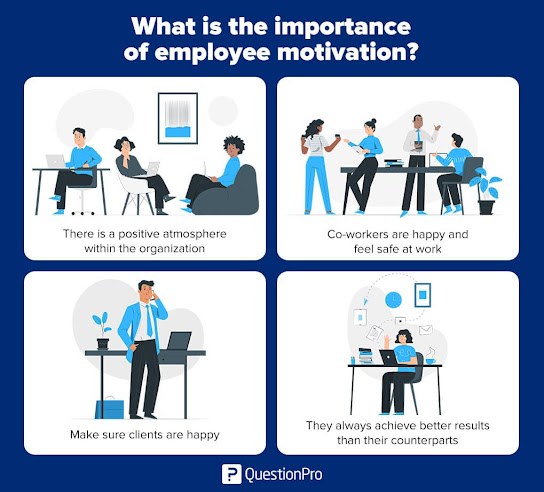ORGANIZATIONAL SUCCESS THROUGH EMPLOYEE ENGAGEMENT
What is employee engagement?
Employee engagement can be defined as the commitment, enthusiasm of employees and the level of involvement in their work and workplace due to their own willingness.
Deci and Ryan (1985) expanded early work by differentiating between intrinsic and extrinsic motivation. Competence, autonomy, and psychological relatedness which are psychological needs, motivate the individual to initiate behavior essential for psychological health and well-being of an individual and if satisfied may lead to optimal function and growth.
Importance of Employee Engagement.
Employees are people who take day-to-day decisions at different levels of work. The way the employees are treated and how the employees treat other employees may affect them positively or put the organization at risk. Employee engagement is a powerful predictor of an organization’s success.
- Know your employees,
- Listen and consider their feedback,
- Make them understand the organizational goals,
- Appreciate their work and the team,
- Encourage teamwork within the organization,
- Motivate and coach the employees,
- Encourage and allow them to grow.
References
Deci, E. L., & Ryan, R. M.
(1985). Intrinsic Motivation and Self-Determination in Human Behavior. Berlin:
Springer Science & Business Media. (Available at) https://doi.org/10.1007/978-1-4899-2271-7
(Accessed on May 2023)
Emeritus.org, 2022. Why Employee
Engagement Is Important in Today’s Workplace: 16 Benefits (Available at) https://emeritus.org/blog/why-employee-engagement-is-important-benefits/
(Accessed on May 2023)
Eldor,
L., & Harpaz, I. (2015). A process model of employee engagement: The
learning climate and its relationship with
extra-role performance behaviors. Journal of Organizational Behavior, 37, 213–235. doi:10.1002/job.2037 (Accessed on May 2023)




Comments
Post a Comment